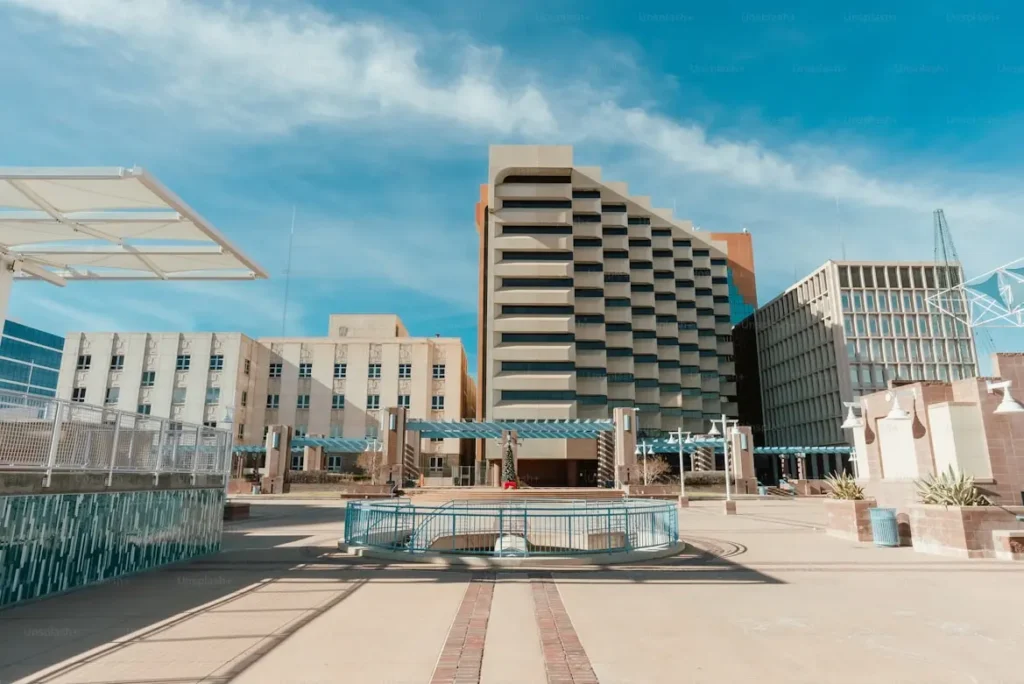Ahn Jung-hwan’s unforgettable golden goal at the 2002 World Cup made him a national hero in South Korea. But in Italy—and especially at his club Perugia—it sparked outrage, leading to a bitter fallout that forever changed the course of his career, links VankhanhTV
Struggles in Serie A
Ahn’s football journey began not out of ambition, but necessity—his local club offered free bread and milk to young players. After rising through the ranks and being named K-League MVP in 1999, despite not playing for the champions, Ahn earned a loan move to Italian side Perugia in 2000.
But Serie A proved unforgiving. Slight in frame and often muscled off the ball, Ahn managed just five goals in two seasons. He never truly adapted to the tactical, physical demands of Italian football, nor did he fully integrate into the locker room culture.
By the time the 2002 World Cup arrived, his loan deal was nearing its end. Perugia held the option to sign him permanently—but both parties seemed ready to move on.
The Golden Goal That Shook the World
South Korea found themselves in a tough group alongside Poland, the U.S., and Portugal—but stunned everyone by topping the group. Ahn scored the crucial equalizer against the U.S., earning a starting spot in the round of 16 clash against footballing giants Italy.
Despite boasting the likes of Paolo Maldini, Christian Vieri, and Francesco Totti, Italy were unconvincing in the group stage. Still, few predicted what would unfold.
Vieri gave Italy an early lead, and it looked like South Korea’s Cinderella run would end there. But under coach Guus Hiddink, the hosts pressed on relentlessly. In a match filled with controversy—dubious refereeing decisions, missed calls, and a disallowed Italian goal—South Korea equalized in the 88th minute through Seol Ki-hyeon.
Then, in extra time, came Ahn’s moment: rising above Maldini, he headed in the golden goal that ended the match instantly and eliminated Italy.
The nation erupted in joy. Italy, meanwhile, exploded in fury.
Perugia’s Petty Revenge

Perugia reacted with venom. Though most criticism in Italy was directed at the Ecuadorian referee Byron Moreno (who was later jailed for drug trafficking), Ahn bore the brunt of the backlash.
Club president Luciano Gaucci famously declared:
“I have no intention of paying a salary to someone who ruined Italian football.”
Legally, Perugia couldn’t simply sack Ahn—they didn’t even own him outright. Instead, they exercised their option to buy him… just to keep him on the bench, freezing him out as punishment, kết quả bóng đá.
The retaliation extended beyond football. Ahn later revealed that his car was vandalized and rumors swirled about mafia threats. At the same time, English clubs including Blackburn Rovers showed interest in signing him. Blackburn even reached a deal, but Perugia blocked the transfer by demanding an inflated fee of $3.8 million.
Eventually, a Japanese entertainment company stepped in and paid to release Ahn from his contract. He joined Shimizu S-Pulse in the J.League.
A Career in Exile
Ahn’s post-World Cup career was a nomadic one. He won the J.League in 2004 with Yokohama F. Marinos, and later played for clubs in France (Metz), Germany (MSV Duisburg), and back home in Korea. In total, he represented seven clubs in the final 11 years of his career.
He retired in 2012 and found new fame in South Korea as a television personality. In 2018, he was honored with the role of Olympic torchbearer—another moment of national pride.
Legacy of a Controversial Icon
Though his stint in Italy ended in bitterness and politics, Ahn Jung-hwan remains a legend in South Korea. His iconic header against Italy is etched in World Cup history—not just as a goal, but as a symbol of one man’s triumph over impossible odds and one nation’s coming of age on the world football stage.
He may have been a thorn in the side of Italian football, but to millions back home, Ahn is forever the hero who soared above Maldini and stunned the world.






